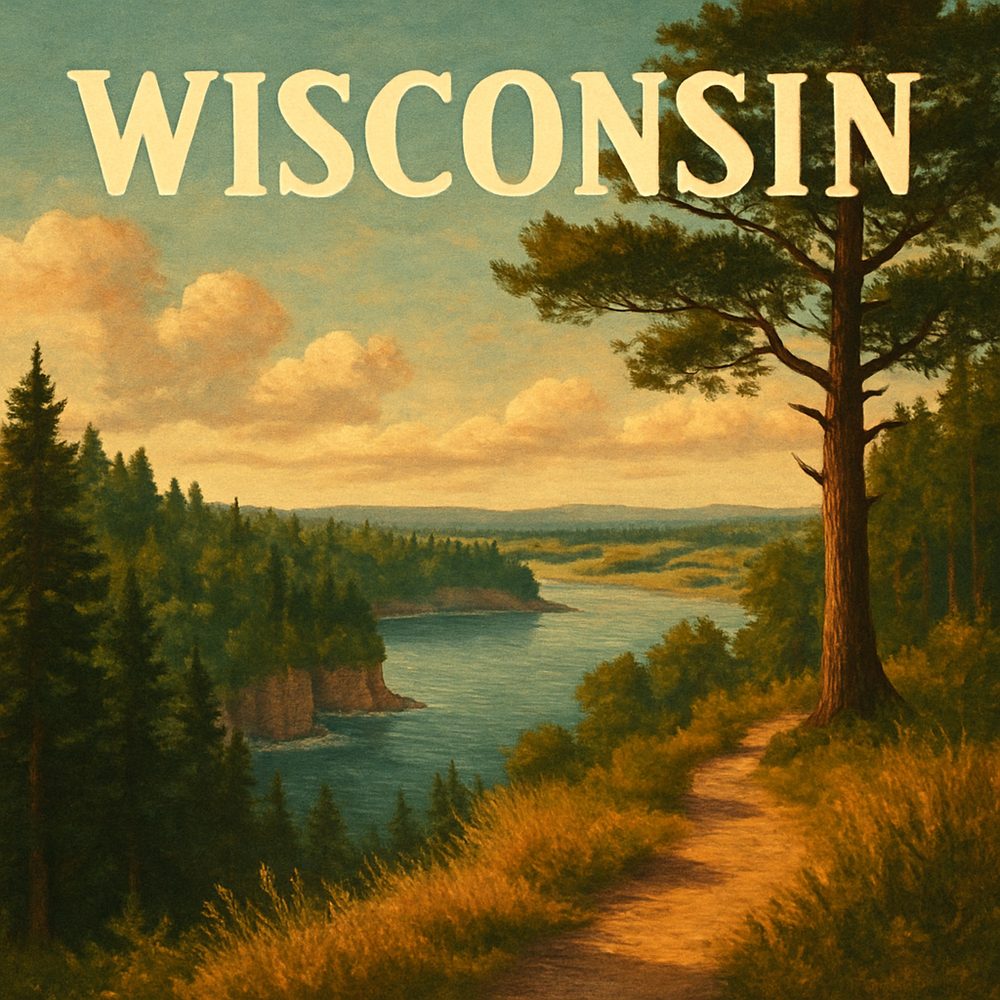Weird Laws Still on the Books in Wisconsin

In the heart of Milwaukee, just a few blocks from the bustling Lakefront, lies the Milwaukee County Courthouse, a stunning Beaux-Arts building that stands as a testament to the city’s legal history. While visiting this historic landmark, you might reflect on some of the state’s peculiar laws still technically enforceable. For instance, in the city’s early days, a law prohibited spitting on sidewalks—a rule tied to public health but now quaint in modern times. Standing near the courthouse’s grand entrance, you can imagine the suits and boots of yesteryear navigating the legal landscape where such an ordinance mattered more. The courthouse itself offers guided tours where visitors learn about Wisconsin’s judicial past, making it a perfect spot to connect with the state’s legal oddities.
Travel about an hour north of Milwaukee to the charming village of Cedarburg, renowned for its preserved 19th-century architecture and artisanal shops. Here, alongside quaint streets and the Cedar Creek running through town, lies the Cedarburg Cultural Center, a hub for local history and art. Cedarburg’s history includes some curious laws like the one that once prohibited fish from falling out of a fishing basket while crossing a highway—a law that feels oddly specific today. Walking through the center’s exhibits, you glimpse a small town that balances charm with a unique legal backdrop, especially when visiting during the fall festivals that bring the streets alive with music and color.
Heading westward near the Wisconsin Dells, the Midwest’s “Waterpark Capital,” you’ll find Mirror Lake State Park, about 3 hours northwest of Milwaukee. It’s a place celebrated for its clear waters and dense hardwood forests. Here, the environment is pristine, and anglers will find fishing regulations rooted in old local laws designed to protect native species, some of which still carry unusual restrictions. A stroll on the park’s Trillium Nature Trail—a gentle 1.3-mile loop popular in spring for its blooming wildflowers—offers a chance to enjoy nature while pondering how these archaic fishing rules helped shape conservation efforts in Wisconsin. Visiting Mirror Lake in early summer provides the best conditions to spot wildlife and enjoy the cool waters.
Down in Madison, the state capital about two hours west of Milwaukee, the Wisconsin State Capitol building commands attention with its soaring dome and marble interiors. This iconic landmark is where many of the state’s laws, including some of the more outlandish statutes, have been debated or passed over the years. For example, a law that once forbade carrying a concealed weapon without a permit finds its origins here, echoing in the halls of government today. Visitors can take free tours of the Capitol to witness the murals and historic chambers, gaining insight into how law and governance have evolved in Wisconsin’s legislative heart. The best time to explore is on a clear day when the dome’s observation deck offers sweeping views of the city and surrounding lakes.
In the far north, near the shores of Lake Superior, is Bayfield, a quaint town about three and a half hours north of Madison known for its orchards and access to the Apostle Islands National Lakeshore. Bayfield’s local history includes odd municipal laws such as one prohibiting the wearing of high heels on certain docks—a rule meant to protect wooden planks but now a quirky footnote. While in Bayfield, visitors can explore the Bayfield Maritime Museum and embark on boat tours around the islands, where legal protections for natural resources are still quite serious despite the town’s laid-back vibe. The fall harvest season, when apple and berry picking is at its peak, offers a particularly evocative time to visit.
Near the southwestern edge of the state, in the Driftless Area, you’ll find the charming town of Viroqua, roughly two hours west of Madison. Viroqua’s downtown reveals a community mindful of its quirky past, including laws that regulated everything from the size of barroom glasses to the sale of chewing tobacco on Sundays. The Driftless Folk School, offering workshops in traditional crafts, sits nearby and reflects this blend of old-world customs and modern sustainability. Exploring the town’s murals and antique shops on a sunny spring afternoon reveals a place where history and law intersect with vibrant local culture.
Lastly, about 90 minutes northeast of Milwaukee, the Kettle Moraine State Forest offers a striking landscape shaped by glaciers. Trails like the Ice Age National Scenic Trail within the forest illustrate how natural laws govern the terrain, but the region’s human laws include peculiar ones such as restrictions on snowball fights in certain areas of the park—an amusing regulation meant to prevent injury but rarely enforced. Hiking the forest’s Cross Plains segment in summer or early fall lets visitors absorb Wisconsin’s geological story while contemplating how legal rules have shaped the use and enjoyment of these public lands. The forest’s mix of rolling hills and dense woods makes every season a unique experience.
Each of these places across Wisconsin offers a window into the state’s often surprising legal landscape, where old laws reflect the values and challenges of the past but continue to color the character of communities today. Whether you’re wandering the grand halls of the State Capitol or enjoying the natural beauty of Mirror Lake, you’ll find that Wisconsin’s weird laws are woven into the very fabric of its places, inviting visitors to explore history in a way that’s both entertaining and uniquely local.